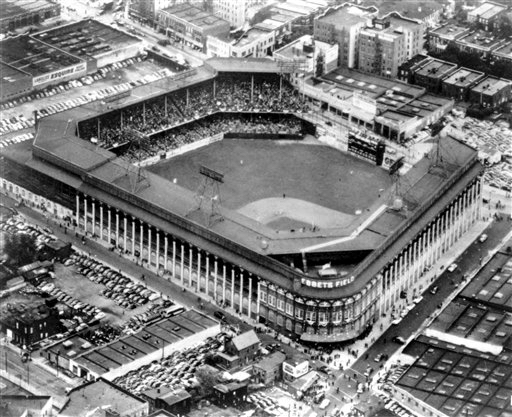Karl Spooner: A flamed-out meteor

First, a tip of the cap to Robert S. Cohen and the Society for American Baseball Research’s Baseball Biography Project. They provided the framework for me to fill in.
For decades it was like no other day in baseball. On Wednesday, Sept. 22, 1954, the day after the New York Giants won the National League pennant, Oriskany Falls, N.Y. native Karl Spooner, pitching for the Brooklyn Dodgers, not only shut out the NL champs but became the first pitcher to strike out 15 batters in his first major league game.
He broke the record of 13 batters set by New York Giant Cliff Melton on April 25, 1937. Another debut game record he set the same day was six consecutive strikeouts of the only batters he faced in the seventh and eighth innings. All of these achievements were vintage Karl Spooner.

Brooklyn Boro
View MoreNew York City’s most populous borough, Brooklyn, is home to nearly 2.6 million residents. If Brooklyn were an independent city it would be the fourth largest city in the United States. While Brooklyn has become the epitome of ‘cool and hip’ in recent years, for those that were born here, raised families here and improved communities over the years, Brooklyn has never been ‘uncool’.